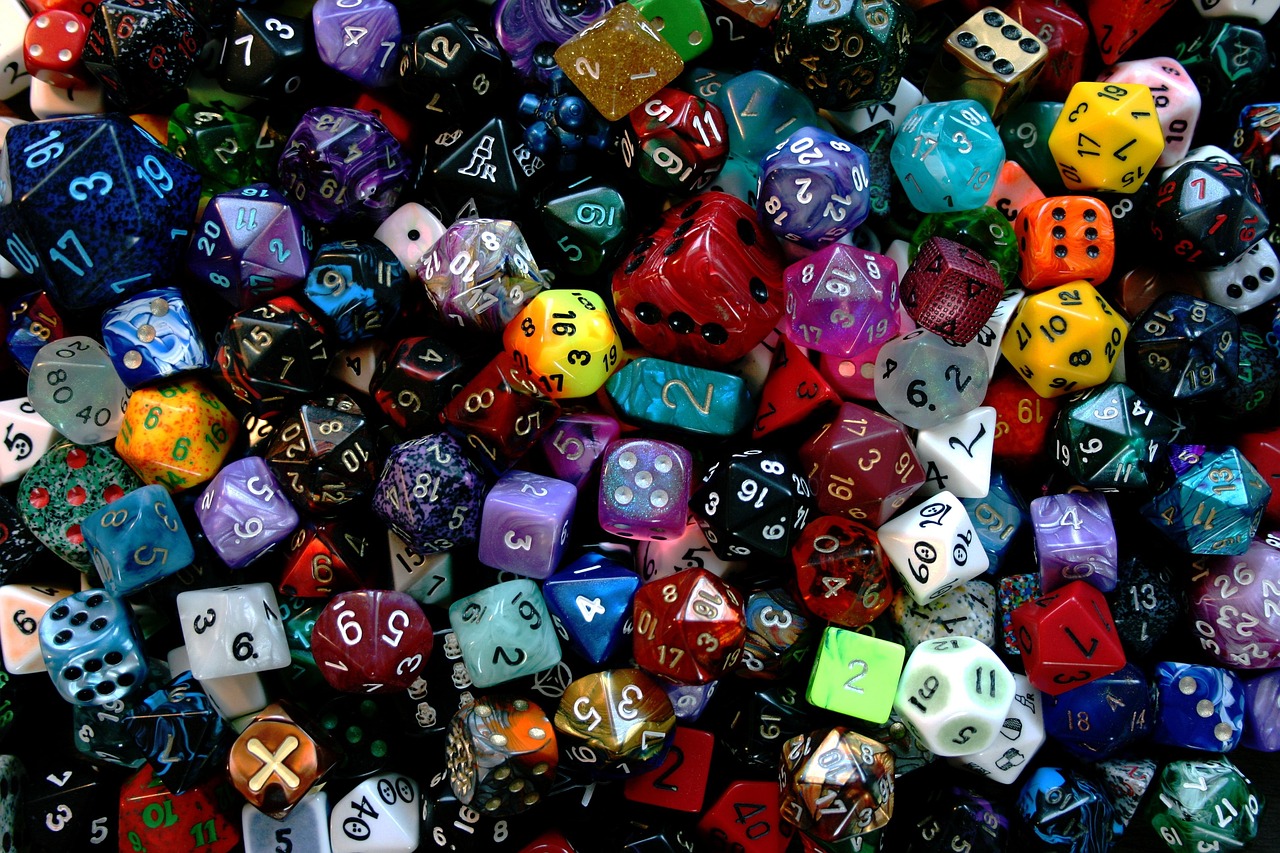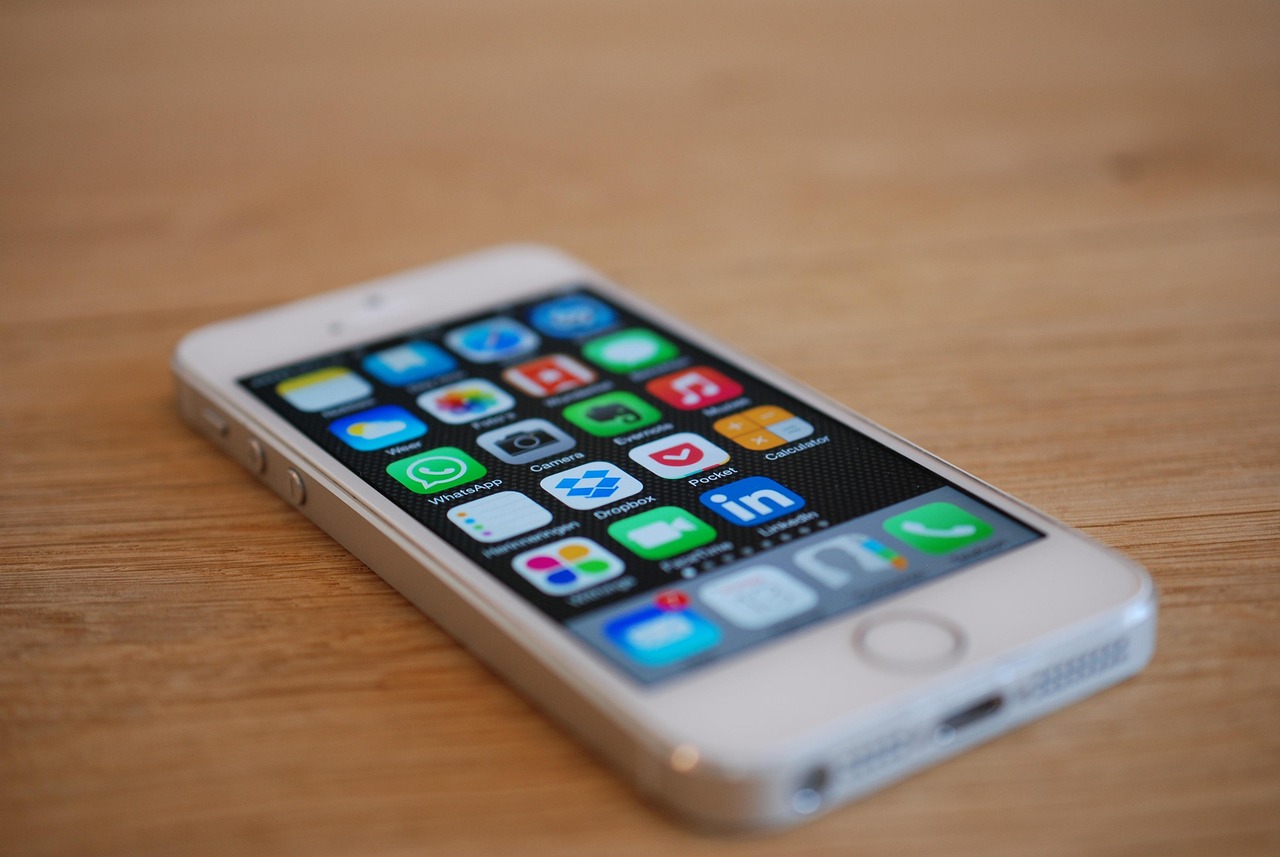NFT-Verified Horoscopes: The Intersection of Astrology and Blockchain Technology

In an era where technology is reshaping every facet of our lives, the ancient practice of astrology is not exempt from digital transformation. The latest innovation in this realm is the advent of NFT-verified horoscopes. This development represents a unique intersection of astrology with blockchain technology, offering a new layer of authenticity and ownership in the digital age.
Non-Fungible Tokens (NFTs) have garnered significant attention across various industries, primarily for their ability to certify the authenticity and ownership of digital assets. NFTs are unique cryptographic tokens that exist on a blockchain and cannot be replicated. While they are best known in the art world for providing provenance to digital artworks, their applications extend far beyond, reaching into sectors like real estate, gaming, and now, astrology.
The application of NFTs in astrology involves creating a digital horoscope that is verified and authenticated through blockchain technology. This process begins with the generation of a digital horoscope based on precise astrological data, which is then minted as an NFT. This NFT serves as a certificate of authenticity, ensuring that the horoscope is original and owned by the individual who commissioned it.
One of the primary advantages of NFT-verified horoscopes is the assurance of authenticity. In a digital landscape fraught with misinformation and counterfeit content, the ability to verify the source and ownership of astrological insights adds a layer of trust and credibility that is invaluable to consumers. Moreover, the immutable nature of blockchain technology ensures that once a horoscope is created as an NFT, it cannot be altered or tampered with, preserving its integrity.
Furthermore, NFT-verified horoscopes offer a novel way for astrologers to monetize their expertise. By creating unique, limited-edition horoscopes, astrologers can offer exclusive insights that hold tangible value in the digital marketplace. This opens up new revenue streams and business models, enabling astrologers to reach a global audience without the constraints of traditional distribution methods.
Globally, the adoption of NFT-verified horoscopes is reflective of broader trends in the digital asset space. Countries like the United States, South Korea, and Singapore are leading in the development and regulation of blockchain technologies, creating environments conducive to innovative applications such as this. As the regulatory frameworks around NFTs become more defined, it is expected that the integration of NFTs in niche markets like astrology will continue to grow.
Despite the promising potential of NFT-verified horoscopes, there are challenges that must be addressed. The environmental impact of blockchain technology, particularly in terms of energy consumption, is a significant concern. Efforts are underway to develop more sustainable blockchain solutions, but until these are widely adopted, the ecological footprint of NFTs remains a critical issue.
Additionally, the intersection of astrology and technology raises questions about privacy and data security. As with any digital asset, safeguarding personal information is paramount. The decentralized nature of blockchain offers enhanced security features, but individuals must remain vigilant in protecting their digital identities and assets.
In conclusion, NFT-verified horoscopes represent a fascinating convergence of tradition and technology, offering new possibilities for authenticity, monetization, and global reach in the field of astrology. As the digital landscape continues to evolve, the integration of blockchain technology into niche markets promises to redefine how we perceive and interact with age-old practices. For tech-literate professionals and enthusiasts, this development is a compelling example of how innovation can breathe new life into ancient traditions.














